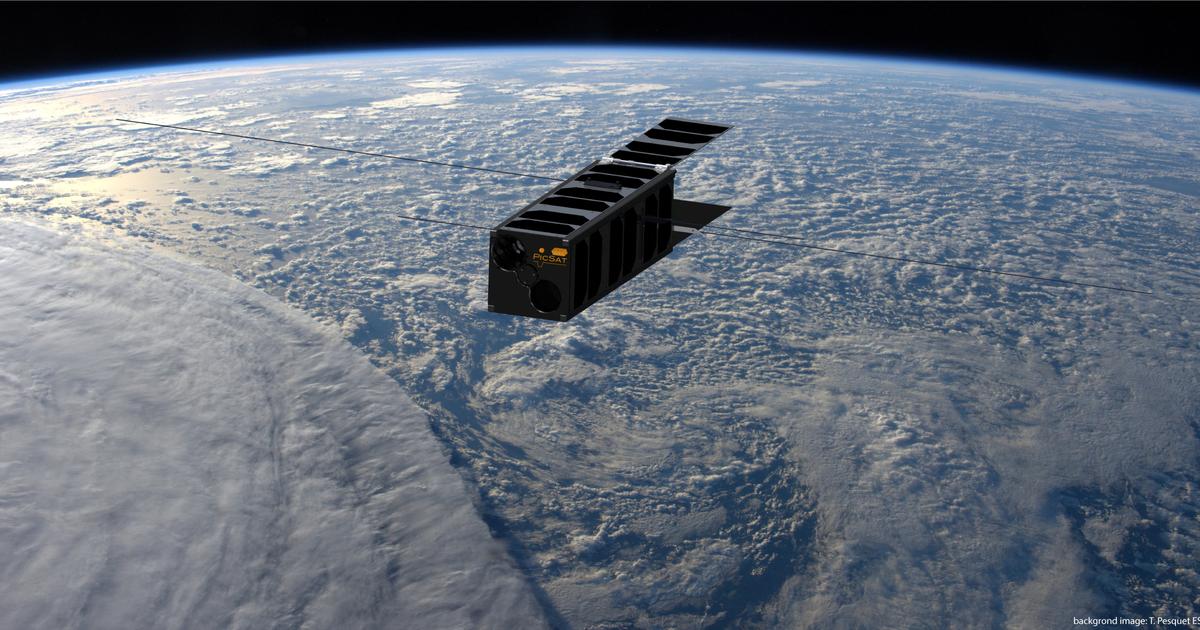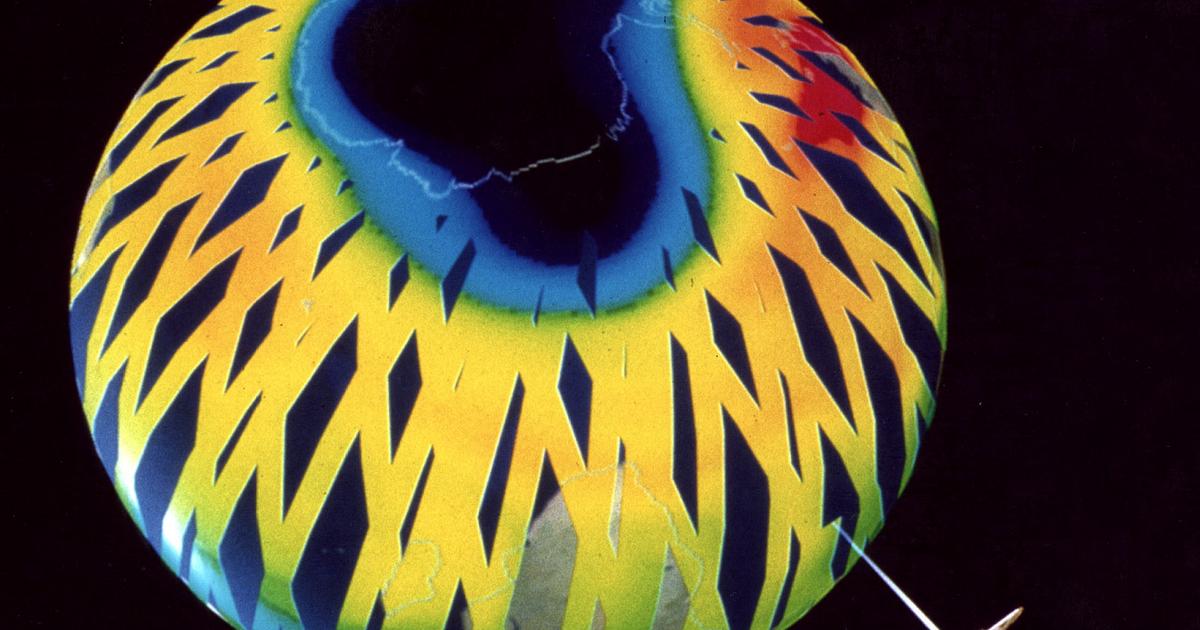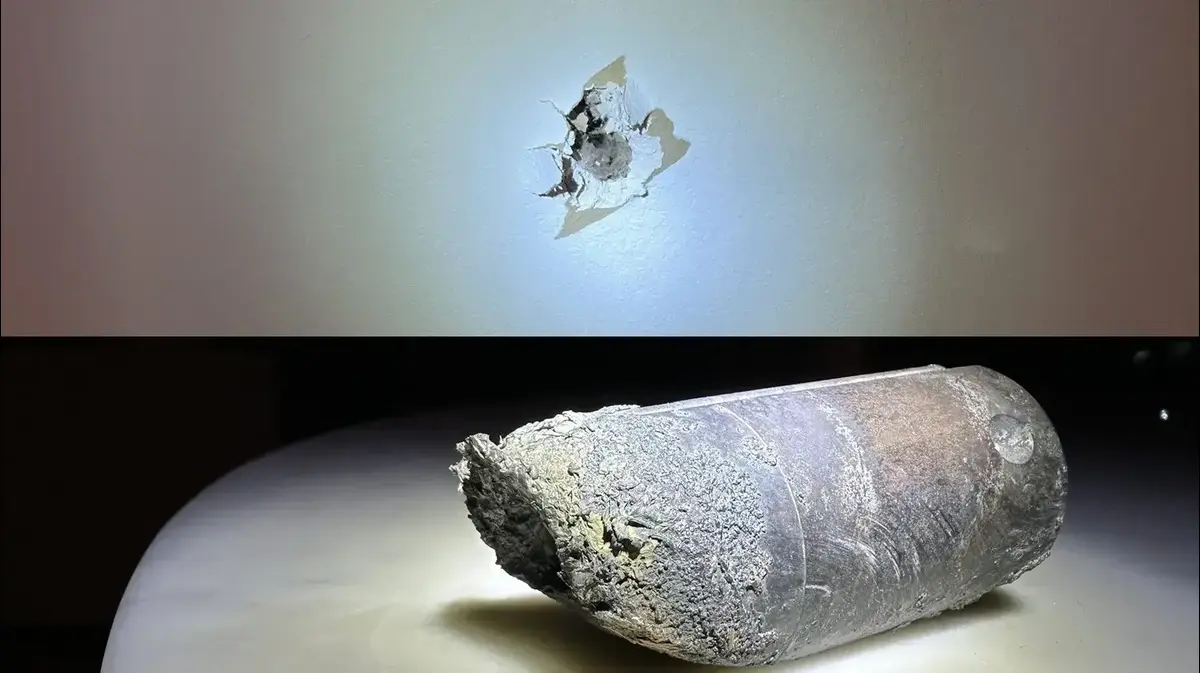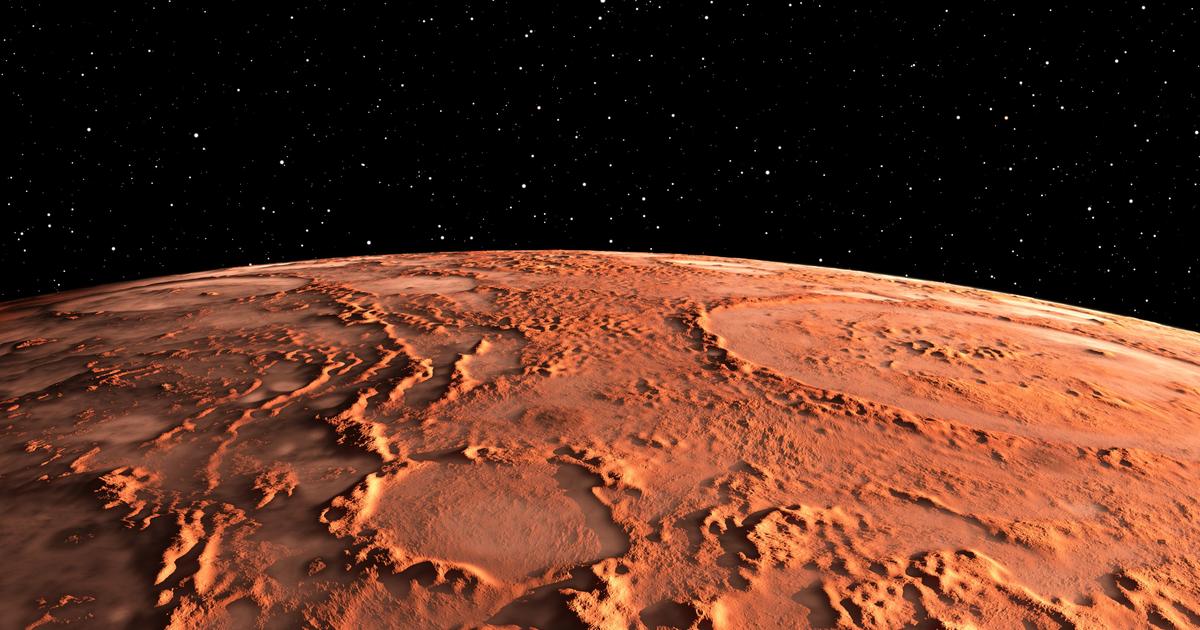Enlarge image
Start of the »Langer Marsch 5B« on April 29th
Photo: STR / AFP
According to calculations by organizations from Europe and the USA, the remains of China's largest space rocket, falling uncontrollably to earth, will enter the atmosphere early Sunday morning, European time. According to experts, an exact crash site is difficult to predict. Because about 70 percent of the earth's surface is covered by water, landing in the sea is most likely. The monitoring body of the European Space Agency Esa said on Saturday that the risk of an impact in populated areas is low, but not excluded. According to experts, the only thing that is certain is that the debris could fall on a path the width of which touches southern Europe and the USA as well as Chile and New Zealand.
China recently tried to allay global concerns about damage in populated areas. Much of the debris would burn up in the atmosphere, the Chinese Foreign Ministry had declared, rejecting criticism from the USA, for example, that China was taking such a risk with its construction lightly. US security circles were concerned about the falling space debris. "I think that speaks to the fact that there is, or should be, a requirement for those of us operating in space to work in a safe and thoughtful mode," Secretary of Defense Lloyd Austin had said.
China launched the unmanned rocket called "Long March 5B" on April 29 as part of its space activities. The rocket had launched the first module of a new Chinese space station. The main part of the rocket then began to orbit the earth in an irregular trajectory and has been losing altitude in an uncontrolled manner since then.
According to calculations by the ESA surveillance agency EU Space Surveillance and Tracking (EU SST), the debris is likely to enter the atmosphere in a time window of 190 minutes before or after 4:11 am Central European Summer Time (CEST).
According to its own information, the Russian space agency Roskosmos expects an entry into the atmosphere over the Timor Sea south of Indonesia on Sunday night around 1.30 a.m. CEST.
The US Department of Defense put the time at 1:00 a.m. on Sunday - with a margin of plus or minus nine hours.
kim / AFP / Reuters















